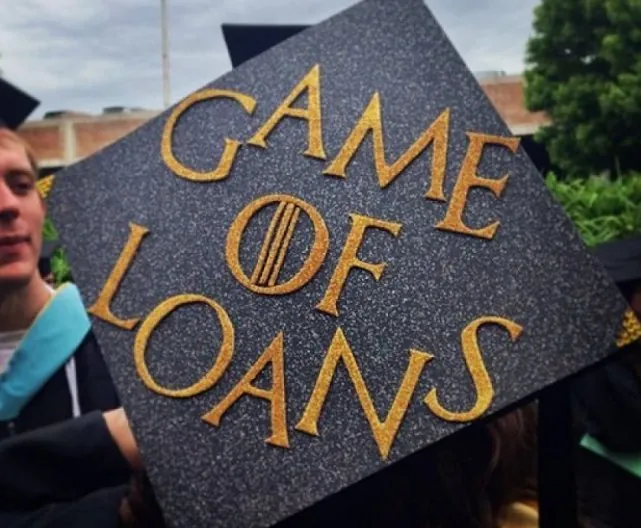
Next month, after a break of more than three years, federal student loan borrowers will find themselves back in the routine of making monthly loan payments. Can they afford it?
Back in August 2022, borrowers experienced a mix of emotions – for many, it was both cautious optimism and a sense of long-awaited validation when the Biden administration announced that it would forgive up to $10,000 of student loan debt for individuals, with an extra potential $20,000 in forgiveness for Pell Grant recipients.
The plan had been set to help around 45 million borrowers, nearly 16 million of whom had already applied and been approved for the loan relief. But the plan was struck down by the U.S. Supreme Court in June.
PRESIDENT BIDEN’S RESPONSE AND IMPACT
In a 6-to-3 decision released on June 30th, the Supreme Court blocked President Biden’s nearly $400 million plan to forgive debt for tens of millions of borrowers, putting a stop to a policy that would have provided much-needed financial relief after the economy-crushing pandemic.
President Biden took a huge hit here. He’d said he’d help people out of the huge debt mess, but this action would’ve been a real wallet-buster, maybe even a record breaking in U.S. presidential history.
So, here’s what you can expect: Starting September 1st, the interest train is back on track. Federal student loan rates have been at a comfortable 0% since March 2020, but now they’re heading back to where they were before. This leaves many wondering, will borrowers be able to afford those payments? As it just so happens – they actually may be able to.
53% THINK REPAYMENTS ARE UNFAIR BUT SAY THEY CAN EASILY CUT SPENDING
A new survey by Intelligent.com found that 53% of federal student loan borrowers say repayment is unfair, yet of those who thought it unfair, 56% of them also said they could easily cut their monthly spending. Not just cut it – but easily cut it.
As it just so happens, results showed 3 in 4 students with debt are worried about repayment – yet most overspend. The survey found that overall, 81% of students say they spend more than $100 a month on non-essentials, 43% spend more than $250 a month, and one in six say they spend more than $500 a month.
Sumeet Kumar, NFEC Certified Financial Education Instructor℠ (CFEI®) and founder of MoneyFromSideHustle told Intelligent.com, “The student debt issue among Gen Z is a paradox that’s like a financial riddle. On one end, the burden of debt has got students up in arms, calling it unfair. Yet, at the same time, there’s this self-admitted room for saving, with plenty still spending a good chunk on non-essentials.”
Why are they giving in to so many non-essentials? Kumar has a theory for that as well – capitalism at its finest.
SOCIAL MEDIA INFLUENCING SPENDING HABITS
“Now, let’s not forget the elephant in the room: social media,” says Kumar.
“Instagram, TikTok, you name it, they’re like 24/7 billboards showcasing glammed-up lives and must-have items. It’s almost like the digital world is egging you on to spend, giving you FOMO, and pumping up desires you didn’t even know you had. Before you know it, you’ve clicked ‘buy’ and added to your financial load, often without even realizing you’ve been sucked into the overspending vortex. So, how financially responsible is Gen Z? It’s a mixed bag. They’ve got the awareness, sure, but there’s a disconnect between that and their actions. It’s like they’re anxious about their financial health but still munching on fiscal junk food. They’re worried about their debt but also giving in to temptations, fueled in part by social media’s siren call.”
What about the other 44% who can’t easily cut their monthly expenditures? Well, there’s hope for them too. The Biden administration’s initiative includes a 12-month grace period in place starting this month. During this time, borrowers can choose to miss or delay loan payments without facing delinquency or credit agency reporting until the end of September 2024.
Interest will still accumulate, so it’s important for borrowers to do their best to start paying off loans as soon as they can say CNBC.











Questions about this article? Email us or leave a comment below.